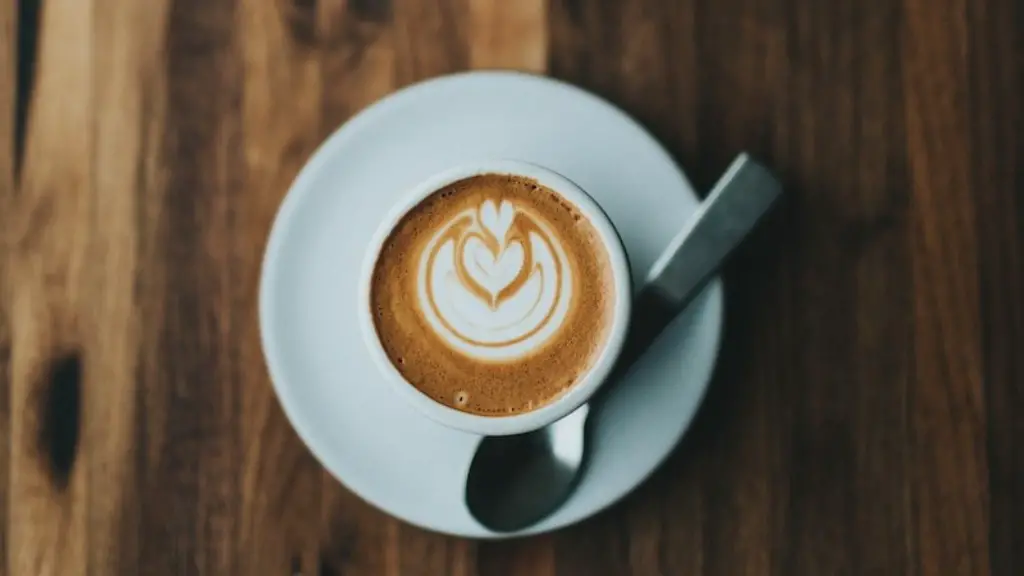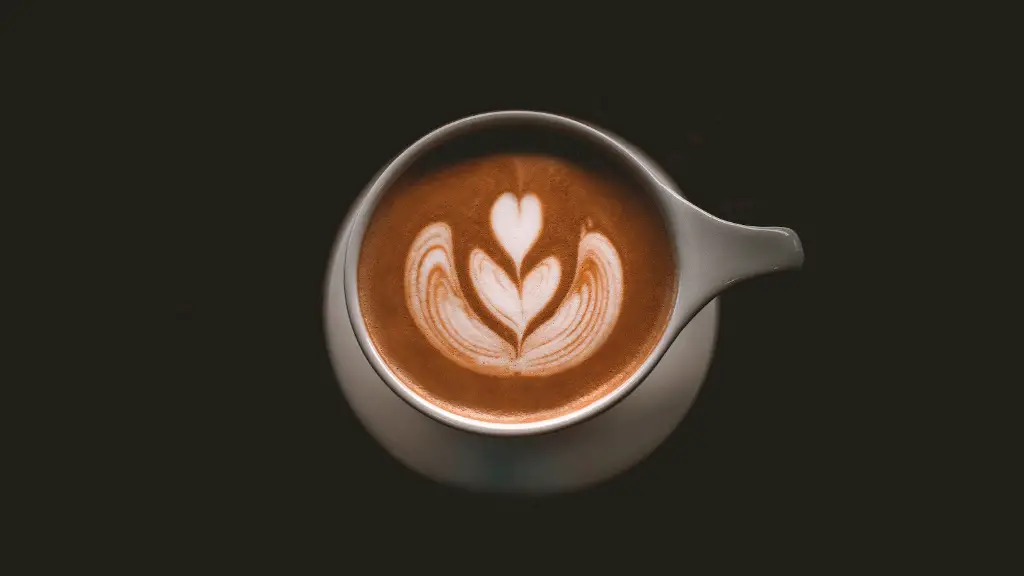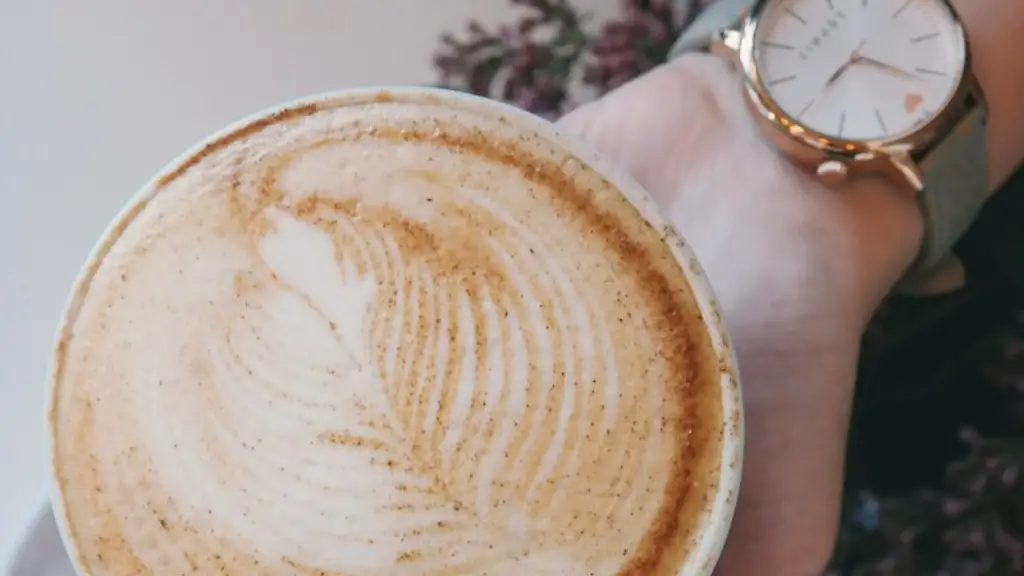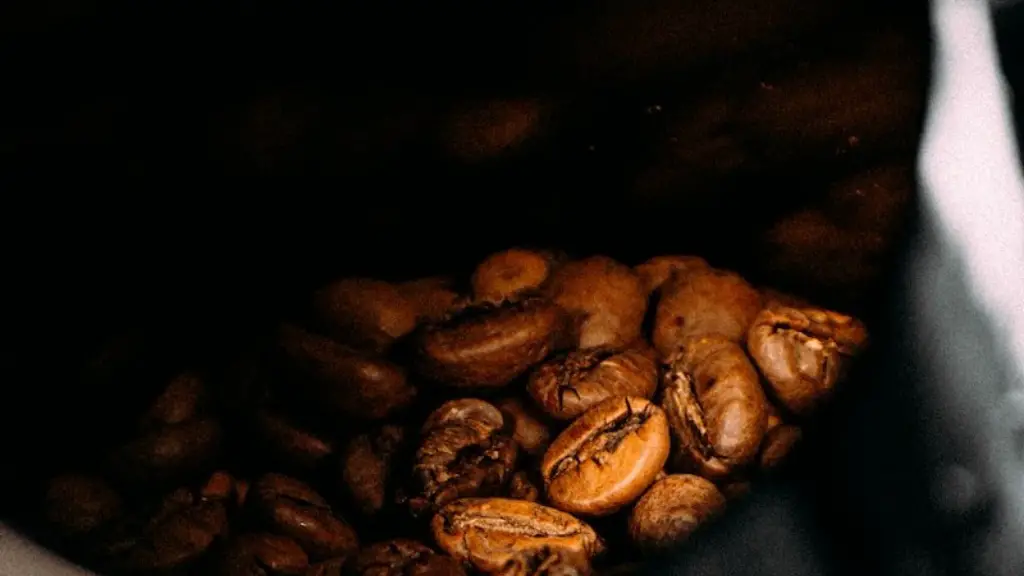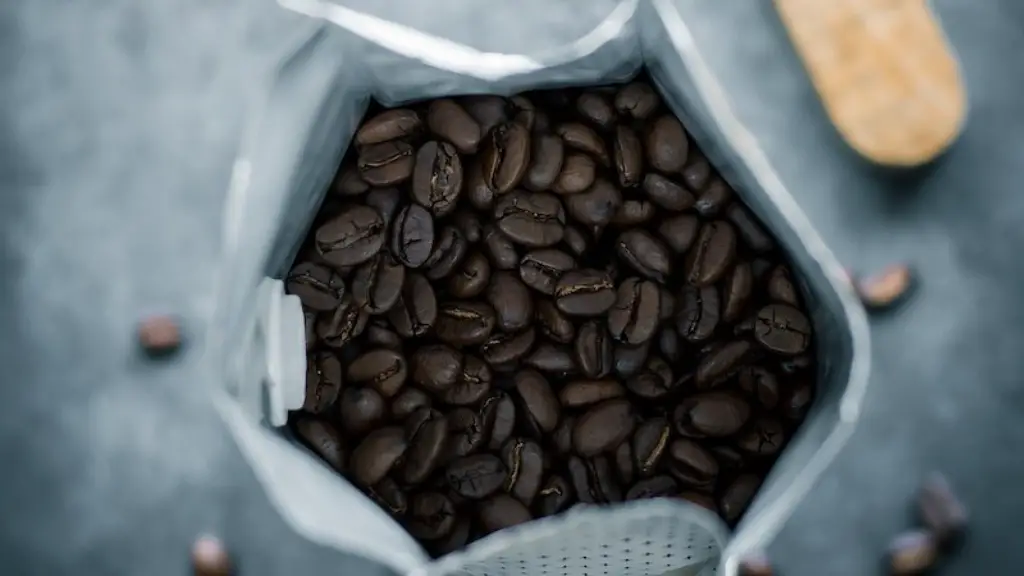There are a few things to keep in mind when storing coffee beans: moisture, air, light, and heat. All of these factors can affect the quality of your beans.
The best way to store coffee beans is to keep them in an airtight container in a cool, dark place.
Should I store coffee beans in the fridge?
If you’re planning on using coffee beans within the next few weeks, it’s best not to freeze or refrigerate them. This can expose them to dampness and smells from other foods. Instead, store coffee beans in an opaque, airtight container and keep it in a dark, cool location, away from the stove or other heat sources.
To preserve your beans’ fresh roasted flavor, store them in an opaque, air-tight container at room temperature. Coffee beans can be beautiful, but avoid clear canisters which will allow light to compromise the taste of your coffee. Keep your beans in a dark and cool location.
How long will coffee beans stay fresh
Coffee beans are a great way to enjoy a delicious cup of coffee. However, it is important to know how to store them properly in order to maintain their freshness. An unopened bag of whole coffee beans can last for up to twelve months when stored in a cool, dark, dry place. An opened bag is good for up to one week. Ground coffee can be stored in the pantry for three to five months.
Air tight containers are a must for storing coffee. Coffee can quickly lose its flavor if exposed to air, moisture, or light. The best containers for storing coffee are made of glass or ceramic, as they do not add anything to the taste of the coffee. Stainless steel containers can also work well for storing coffee.
Can you store coffee beans in Ziploc bags?
Coffee tastes best when it is fresh, so it is important to keep it in an airtight container at room temperature. Moisture is coffee’s worst enemy, so be sure to keep it in a dry, cool place.
While coffee does come prepackaged in an opaque bag or can, the National Coffee Association says retail packaging is not ideal for the storage of coffee beans. That’s why we recommend using amber-glass Mason jars.
Does freezing coffee beans keep it fresh?
If you have more beans than you can use in the next two or three weeks, freezing can preserve the flavor and fresh qualities of those beans if you store them in a truly airtight container. This is a great way to make sure that your beans are always fresh, and it also helps to cut down on waste.
There are pros and cons to freezing coffee. On one hand, freezing coffee can extend its shelf life. On the other hand, freezing coffee can affect the quality of the coffee. According to the National Coffee Association, you can freeze whole coffee beans for up to a month.
Is it better to store coffee beans or ground coffee
Grinding your own coffee beans each morning is the best way to ensure that your coffee is fresh. Whole beans ground coffee goes stale more quickly than whole beans, so grinding right before you brew will give you the best flavor. If you don’t have the time or equipment to grind your own beans, you can still get fresh coffee by buying whole beans and grinding them yourself.
Old coffee beans are safe to drink, but they won’t taste as good as fresh beans. They may have a musty or even rancid aroma, but they won’t make you sick.
When should you throw out coffee beans?
If you notice that your coffee beans start to look bad or smell different, it’s a good idea to throw them out and get a new bag. This is because they may have started to develop a moldy or putrid scent, which can ruin the taste of your coffee.
If you want to test if your coffee beans are fresh, you can place a handful of them in a ziploc bag, press out the remaining air before sealing, and let it sit overnight. In the morning, check to see if the bag has inflated due to the release of CO2. If it has, then your beans are fresh. If the bag remains flat, then your beans are past their prime.
What is the best container to store beans
Mylar bags and pail containers are great options for long-term food storage. They protect against oxygen, light, moisture, and insects. Once you open your pail containers, a gamma seal lid can ensure easier access while still sealing the bucket.
When it comes to storing coffee, it is best to use non-absorbent containers made of metal or ceramic. Glass containers are also a good option, but plastic containers should only be used for short-term storage (no more than two weeks). This is because plastic can absorb the coffee’s aromatics, which can affect the taste of the coffee.
What is the best way to store beans long-term?
Storing your dried beans in a food-safe storage container with a tight fitting lid is the best way to keep them fresh. Be sure to store them in a cool, dry place out of direct sunlight.
Beans stored in normal polyethylene (food-grade) bags have a shelf life of 1 year or more. Beans stored in colder temperatures will have an increased shelf life. When packaged in #10 cans or Mylar-type bags, with the oxygen removed, beans have a shelf life of 10 years or more.
Can I store coffee beans in a paper bag
Coffee beans will start to taste stale after one week if they are stored in a paper bag. If the coffee’s original packaging is an opaque, resealable coffee bag, the beans will last roughly three weeks if you’re diligent about expelling all the air from the bag of coffee after each use.
Once you have opened a bag of whole beans, it is best to transfer them to an airtight container and store them in a cool, dark place. This will help to extend their shelf life and keep them fresh.
Final Words
Coffee beans should be stored in an airtight container in a cool, dry place.
Storing coffee beans in an airtight container in a cool, dry place is the best way to preserve their freshness and flavor. When stored this way, coffee beans can last for up to six months.
